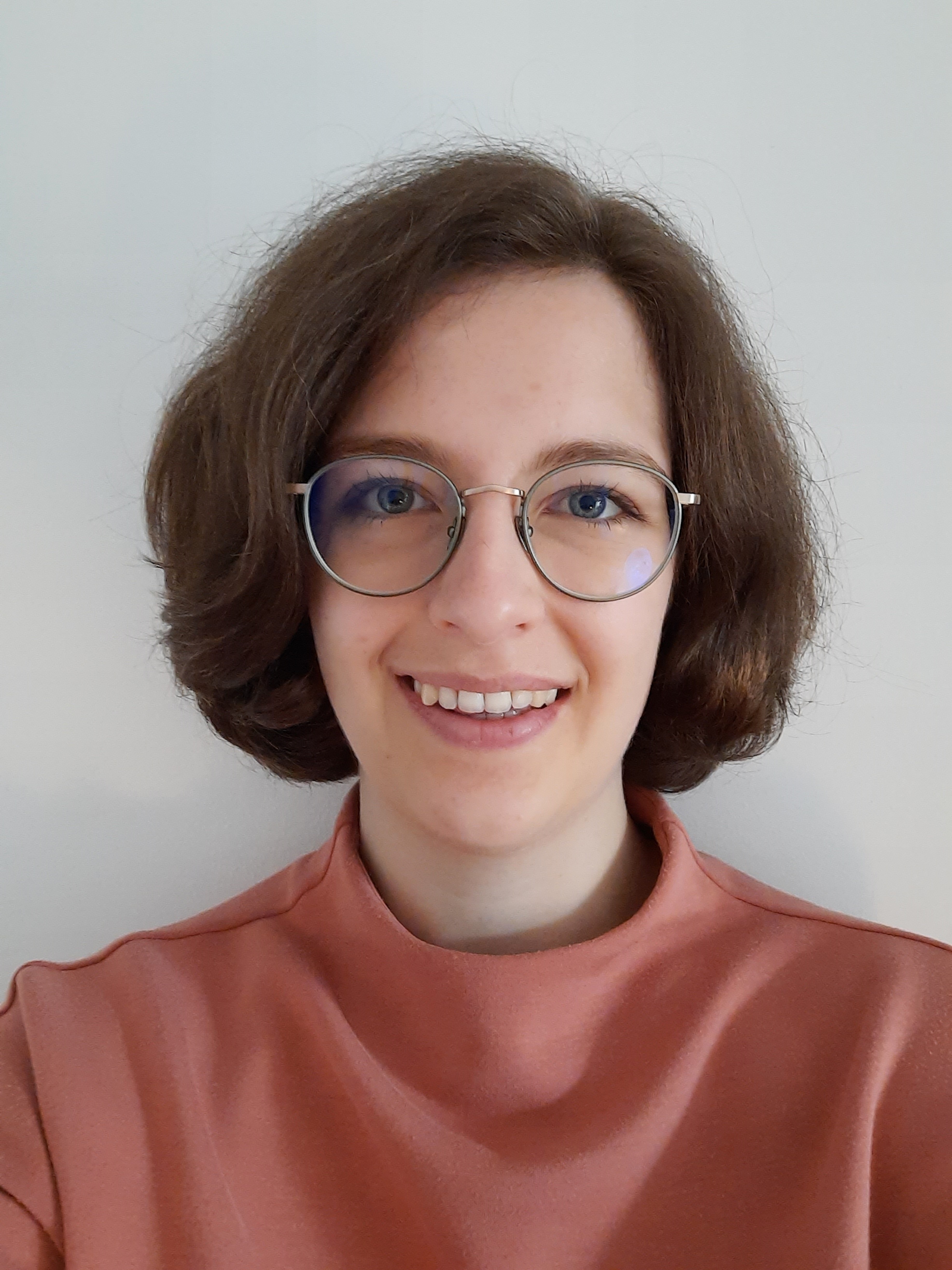Dr Christina Derksen, PhD

Postdoctoral Research Assistant in Health Psychology (CanDetect)
Email: christina.derksen@qmul.ac.uk
Profile
I hold a PhD in Psychology and joined the Centre of Prevention, Detection & Diagnosis at the Wolfson Institute of Preventive Medicine in May 2023. My focus is on using quantitative and qualitative methods to develop and refine a Multi-Cancer Early Detection (MCED) Platform to facilitate the detection of upper gastrointestinal cancers. I am a guest researcher for Health CASCADE, a Marie Skłodowska Curie Innovative Training Networks project for co-creative research funded by the European Union.
My training was at the University of Marburg (MSc in Clinical Psychology) and the Constructor University Bremen (PhD in Psychology), where I completed my PhD on behavioural influences on communication and patient safety in obstetric care. In my PhD research, I actively involved patients and the public in the development and evaluation of both live and mHealth interventions.
Research
Research Interests:
In my research, I use psychological and behavioural theories to understand determinants of health and illness such as illness perceptions, self-efficacy, and behavioural planning. An important part of my previous research has been the patient-provider relationship and communication to improve patient safety. I aim to overcome the gap between research and healthcare and thus also focus on implementation strategies, especially aiming to reduce inequalities in healthcare systems worldwide. During the COVID-19 pandemic, I worked on facilitating psychosocial support and digital interventions for patients suffering from post-acute COVID-19 syndromes.
I use co-creative and multi-method approaches such as quantitative surveys and randomized-controlled designs, but also qualitative interviews and focus groups to improve and adapt interventions. I am also interested in conducting systematic reviews. I aim to work in multidisciplinary teams to link changes in health behaviour and help-seeking to objective outcomes such as preventable adverse events.